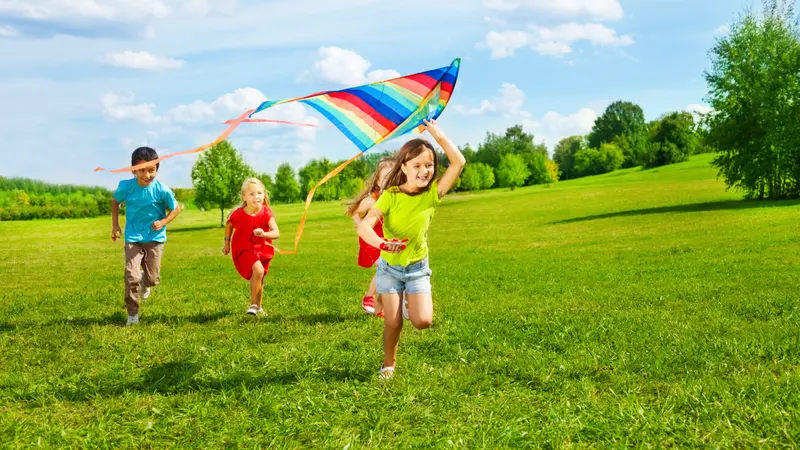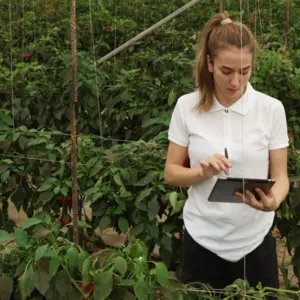

Planet and People Connection

Planet and People Connection
Preventing Nature-Deficit Disorder
The more we develop our relationship with nature, the healthier we will be. Research has shown that environmentalists and conservationists almost always recall at least one past transcendent experience of being out in the natural world that inspired them to pursue their career path.
But children are spending less and less time outdoors, limiting the potential for this kind of transformative experience. Richard Louv, co-founder and chairman emeritus of the Children and Nature Network, calls this alienation from nature “nature-deficit disorder.” Louv is the author of Last Child in the Woods, The Nature Principle, and Vitamin N: 500 Ways to Enrich the Health & Happiness of Your Family & Community.
Nature-deficit disorder, says Louv, includes diminished use of the senses, difficulties with attention, more physical and emotional illnesses, a rise in myopia, obesity, and vitamin D deficiency. Direct exposure to the natural world appears to offer great psychological, emotional, and physical health benefits for children and adults. It helps develop confidence in individuals, allowing them more stress-free experiences, as well as a greater ability to stay calm, focused, and attentive.
The longer the trend of staying inside continues, the more at risk our children become of losing a critical cognitive skill called executive function—the ability to control and direct emotion and behavior. Executive function is primarily developed in childhood through independent, make-believe play that often involves a certain amount of risk-taking, which is common when children are at play outdoors. Executive function is connected to building confidence and the ability to make independent decisions.
We can rekindle our own fascination with the natural world and lead our children, by example, back into connection with it. If you live in a city, go to a nearby park, find a tree close to your home to visit, start a potted-plant garden on your balcony, or just look up at the clouds in the sky, letting the sunshine touch your skin.
REFERENCES
Suttie, J. (2016, September 15). How to protect kids from nature-deficit disorder. Greater Good. https://greatergood.berkeley.edu/article/item/how_to_protect_kids_from_nature_deficit_disorder


 By
By







